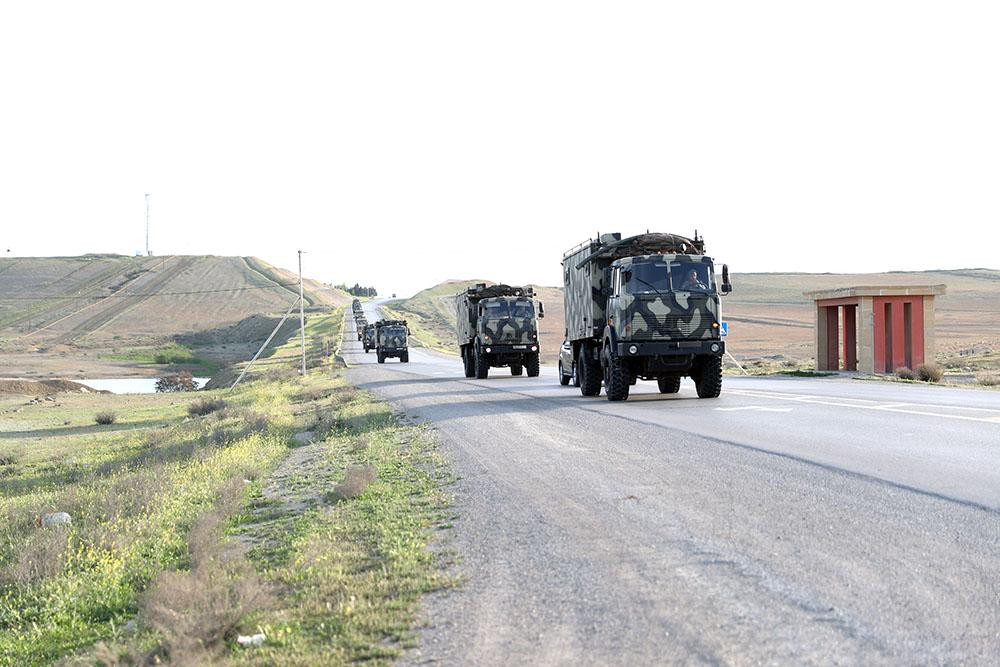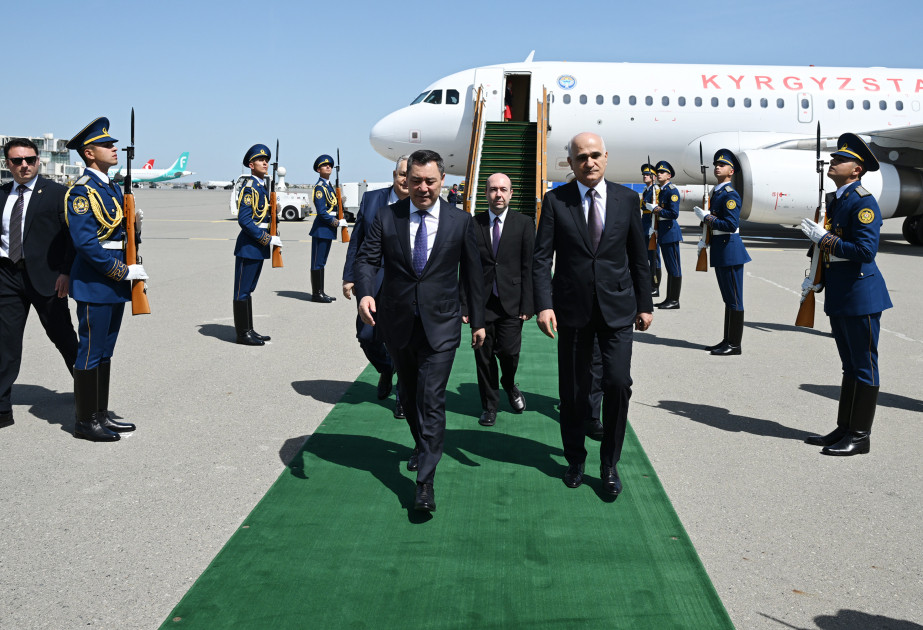The speculative discussions of Armenia’s some political circles and media outlets around the statements made by Russia’s Foreign Minister in Yerevan were the content designed for the domestic audience. Yes, changing the agenda of the country in order to distract the attention from domestic political, economic and social problems is an old and tested political method. However, no “plastic surgery” can cover up the realities…
It is crystal clear that Russia’s stance on the Nagorno-Karabakh conflict does not contradict the UN resolutions. Ensuring the settlement of the conflict within Azerbaijan's territorial integrity is clearly stated in those resolutions.
Crushed boxing floor
During his speech in Khankendi in August, Pashinyan forecast that his statement “Artsakh (Nagorno-Karabakh) is Armenia and full stop” would result in heavy blows and point losses in front of the domestic audience and international community. It is natural. Political illiteracy, the lack of experience do not allow him to assess the diplomatic influence and competency of the opposite side.
Azerbaijani President Ilham Aliyev replied to Pashinyan’s statement from a quite serious tribune – the plenary session of the XVI meeting of the “Valdai” International Discussion Club in front of the international audience and completed his speech by saying, "Karabakh is the historical and native Azerbaijani land. Thus, Karabakh is Azerbaijan and exclamation mark".
Afterwards, on October 11th, at the Summit of the heads of the CIS member states, President Ilham Aliyev destroyed Armenian Prime Minister Nikol Pashinyan’s claims about fascist collaborator Garegin Nzhde.
At the VII Summit of the Turkic Council in Baku, the head of state drew attention to the fact that the disruptive position of Armenia hindered the peaceful resolution of the conflict and caused a threat to the security of the region.
Eventually, at the XVIII Summit of the Non-Aligned Movement, President Ilham Aliyev completed another phase of the difficult process for Armenia. The head of state drew the attention of the international community to the fact of occupation faced by Azerbaijan and the crimes committed by Armenia: "Approximately 20% of the internationally recognized territories of our country – Azerbaijan’s historical land Nagorno-Karabakh and seven adjacent regions have been under the occupation of Armenia for more than 25 years. Armenia has carried out the policy of ethnic cleansing against the Azerbaijanis, and as a result of that, more than 1 million Azerbaijanis have become refugees and IDPs. At that time, the population of Azerbaijan was 8 million, and our country was in the first places on the number of refugees and IDPs per capita. Armenia committed Khojaly genocide against the Azerbaijanis. As a result of Khojaly genocide, 613 innocent people, including 106 women and 63 children were brutally murdered just because they were Azerbaijanis. Over 1, 000 people went missing".
In the final declaration of the Summit, heads of states and governments expressed regret that the conflict had not been solved yet despite the UN Security Council resolutions and highlighted the importance of the conflict within Azerbaijan’s sovereignty, territorial integrity and inviolability of its borders.
…why has Lavrov destroyed Armenia’s hopes?
The stupidity of Pashinyan was not praised in Russia either. The Kremlin gently showed the Armenian Prime Minister his place when the Russian Foreign Minister said, "Definitely, these statements do not help the settlement of the conflict".
Sergey Lavrov’s visit to Baku several days ago was, undoubtedly, followed in Yerevan with excitement. However, Armenia did not get the support it expected this time either.
Before the visit, it had been noted in the statement in connection with the visit of the Russian FM to Azerbaijan: "Assisting the parties in the settlement of the Nagorno-Karabakh conflict is among Russia’s foreign policy priorities, and it is in focus of the Russian President. We support the resolution of the conflict in a political and diplomatic way and through dialogue between the parties. We will continue to achieve the settlement as a co-chair of the OSCE Minsk Group and taking into consideration our close relations with Azerbaijan and Armenia”.
It is seen from this statement that there is no change in Russia’s stance in the direction of the conflict settlement, and this position is based on the principles of the UN resolutions and the Helsinki Act.
Azerbaijani President Ilham Aliyev expressed regret that there were no visible outcomes in regard to the conflict resolution at the meeting with Russia’s Foreign Minister and said: "I consider that the main reason of this is the incompetent policy of Armenia, especially the statements regarding "Karabakh belonging to Armenia". I am happy that you and the co-chairs from other countries have given the correct assessment to this weird statement. We will continue to cooperate with the Minsk Group Co-chairs".
Sergey Lavrov gave an adequate reaction to this.
Sergey Lavrov clearly stated the failure of Pashinyan's rhetoric: "At the same time, I agree with you that a lot of work still has to be done in terms of political settlement, lasting resolution. I fully support your thesis that it is important to stay away from the rhetoric that contradicts the principles of the UN and the Helsinki Final Act”.
It was expected. It was not worth to put at risk an important strategic partner like Azerbaijan for the country with the political course full of contradictions and risks. Azerbaijan is the most significant country of the region for Russia which has a pragmatic and rational political course. The increasing dynamics is observed in the political dialogue and economic relations between the two countries.
Thus, the political failure of Yerevan continues. As a result of the conflict with the region’s locomotive Azerbaijan, Armenia stays away from all the regional and international projects, gets deprived of possible revenues. In turn, it deepens the socio-economic crisis within the country and makes deep political turbulence inevitable.
Vusal Mammadov
Analytical Group



















